Home>Gardening & Outdoor>Landscaping Ideas>When To Sow Grass Seed In North Carolina
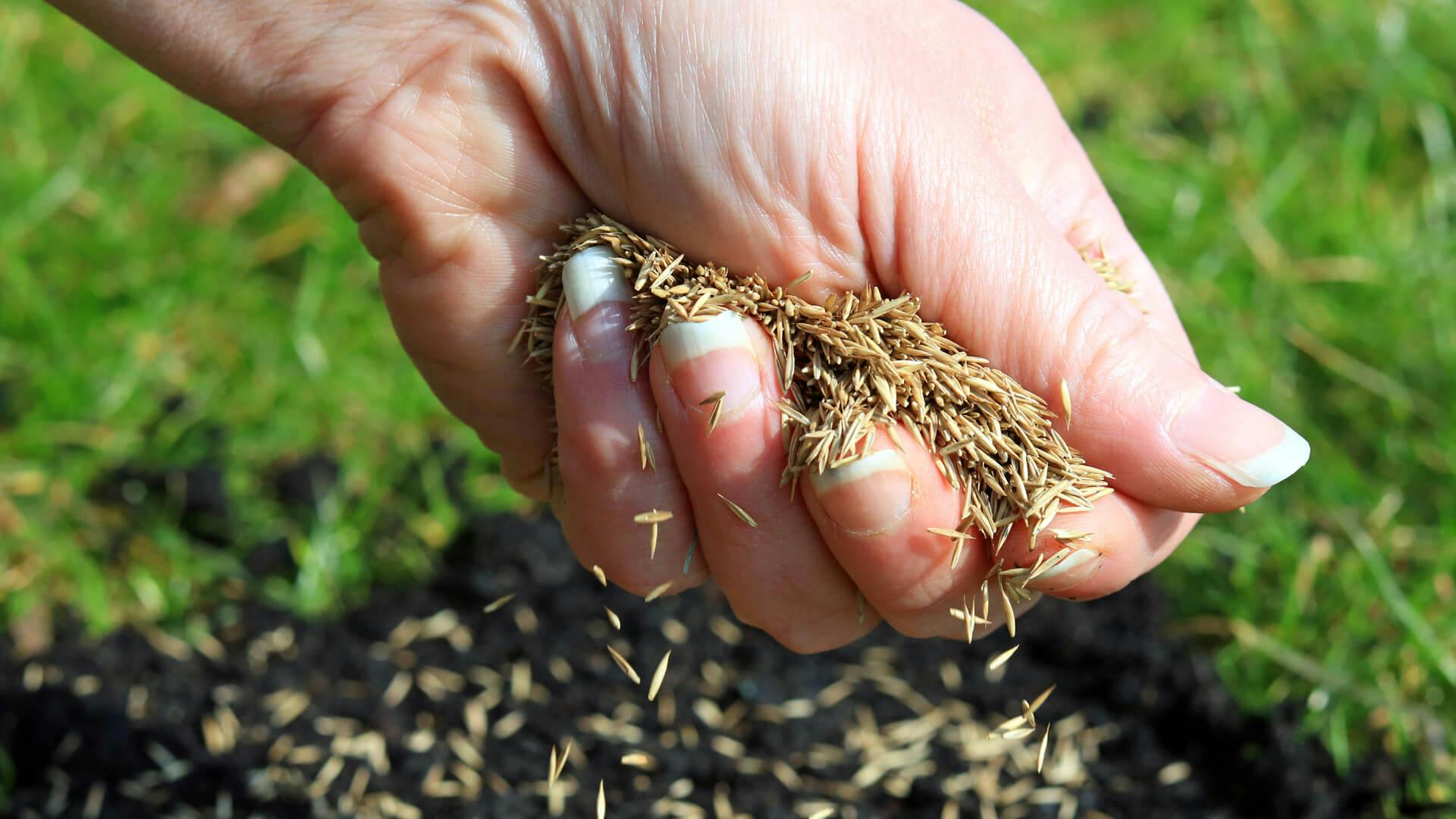

Landscaping Ideas
When To Sow Grass Seed In North Carolina
Modified: February 18, 2024
Discover the best time to sow grass seed in North Carolina with our expert landscaping ideas. Achieve a lush, green lawn with our tips and guidance.
(Many of the links in this article redirect to a specific reviewed product. Your purchase of these products through affiliate links helps to generate commission for Storables.com, at no extra cost. Learn more)
Introduction
Welcome to the beautiful state of North Carolina, where the diverse landscapes and temperate climate create an ideal environment for lush, green lawns. Whether you’re a homeowner, a landscaper, or a gardening enthusiast, understanding the best time to sow grass seed in North Carolina is crucial for achieving a thriving lawn.
In this comprehensive guide, we will explore the nuances of North Carolina’s climate, the optimal timing for sowing grass seed, the best grass seed varieties for the region, soil preparation techniques, and essential tips for sowing and caring for grass seed. By the end of this article, you will be equipped with the knowledge and insights needed to cultivate a vibrant and resilient lawn that enhances the natural beauty of North Carolina.
Key Takeaways:
- Sow grass seed in North Carolina during spring or fall for the best chance of success. Choose the right grass seed for your region’s climate and soil to create a vibrant and resilient lawn.
- Prepare the soil thoroughly before sowing grass seed by testing, aerating, and clearing debris. Carefully sow and maintain the grass seed to nurture a lush and healthy lawn that enhances North Carolina’s natural beauty.
Understanding the Climate in North Carolina
North Carolina’s climate is characterized by its diverse topography, ranging from the coastal plains to the mountainous regions. This geographical diversity contributes to a wide range of microclimates across the state, each with its own unique weather patterns and temperature fluctuations.
In the coastal and southeastern regions, North Carolina experiences a humid subtropical climate, characterized by hot, humid summers and mild winters. Moving inland, the climate transitions to a more continental climate, with slightly cooler temperatures and less humidity. In the western part of the state, the mountainous areas exhibit a highland climate, featuring cooler temperatures and more pronounced seasonal variations.
Understanding the specific climate of your location within North Carolina is essential when determining the best time to sow grass seed. Factors such as temperature, precipitation, and humidity play a significant role in the success of grass seed germination and establishment. Additionally, being aware of the average first and last frost dates in your area is crucial for planning the sowing of grass seed.
North Carolina’s climate also experiences distinct seasonal changes, with spring and fall being the most favorable seasons for sowing grass seed. Spring brings milder temperatures and increased rainfall, providing optimal conditions for seed germination and early growth. In contrast, fall offers cooler temperatures and reduced weed competition, making it an excellent time for grass seed establishment.
By familiarizing yourself with the intricacies of North Carolina’s climate, you can make informed decisions regarding the timing and methods for sowing grass seed, ultimately leading to a healthy and vibrant lawn that thrives in its specific microclimate.
Best Time to Sow Grass Seed
Choosing the optimal time to sow grass seed in North Carolina is pivotal for achieving successful germination and establishing a resilient lawn. While North Carolina’s diverse climate offers a range of suitable sowing periods, the spring and fall seasons stand out as the most favorable times for grass seed sowing.
Spring, particularly the early to mid-spring period, presents an opportune window for sowing grass seed in North Carolina. As temperatures begin to rise, typically between March and May, and the risk of frost diminishes, the soil becomes warm and receptive to seed germination. Additionally, the increased rainfall during the spring months provides essential moisture for the seeds, facilitating their sprouting and early growth.
Alternatively, the fall season, spanning from late August to early November, offers another prime opportunity for sowing grass seed. The cooler temperatures and reduced weed competition during this period create favorable conditions for seed establishment. Furthermore, the soil retains residual warmth from the summer months, promoting efficient germination and root development before the onset of winter dormancy.
It’s important to consider the specific microclimate of your location within North Carolina when determining the best time to sow grass seed. Coastal areas may experience slightly earlier springs and milder falls, while mountainous regions may have shorter growing seasons and earlier frosts. By aligning your sowing schedule with the unique climatic conditions of your area, you can maximize the success of grass seed germination and establishment.
Ultimately, the best time to sow grass seed in North Carolina hinges on striking a balance between favorable soil temperatures, adequate moisture, and reduced competition from weeds. By leveraging the optimal timing in spring or fall, you can set the stage for a robust and flourishing lawn that thrives in North Carolina’s diverse climate.
Choosing the Right Grass Seed
When it comes to selecting the appropriate grass seed for your North Carolina lawn, considering factors such as climate, soil type, and intended use is crucial for achieving the desired aesthetic and functional qualities. North Carolina’s diverse microclimates offer a range of grass species that thrive in different conditions, allowing homeowners and landscapers to tailor their choices to specific regional characteristics.
For the coastal and southeastern regions of North Carolina, warm-season grasses such as Bermuda grass, Zoysia grass, and centipede grass are well-suited to the hot and humid summers, as well as the mild winters. These grass varieties exhibit excellent heat tolerance and can withstand the challenges posed by the coastal climate, including salt spray and periodic drought conditions.
In the transitional and piedmont regions, a blend of warm-season and cool-season grasses may be suitable, offering the benefits of both grass types. Warm-season grasses like Bermuda grass thrive in the summer, while cool-season grasses such as tall fescue or Kentucky bluegrass provide resilience during the cooler months, creating a year-round green lawn.
For the mountainous areas of western North Carolina, cool-season grasses are the primary choice due to the region’s cooler temperatures and distinct seasonal variations. Varieties such as Kentucky bluegrass, fine fescue, and perennial ryegrass are well-adapted to the highland climate, offering lush and resilient lawns in the mountainous terrain.
When selecting grass seed, it’s essential to consider the specific soil conditions and intended use of the lawn. Factors such as soil pH, drainage, and sun exposure play a pivotal role in determining the most suitable grass species for your landscape. Additionally, identifying whether the lawn will primarily serve as a recreational space, a decorative lawn, or a high-traffic area will guide the choice of grass seed with the appropriate durability and aesthetic appeal.
By carefully evaluating the climate, soil, and usage requirements, homeowners and landscapers in North Carolina can make informed decisions when choosing the right grass seed. This thoughtful selection process sets the stage for a resilient, visually appealing, and functional lawn that thrives in the unique microclimates of North Carolina.
Sow grass seed in North Carolina in the fall between mid-September and mid-October for cool-season grasses, and in the late spring between April and May for warm-season grasses. This timing allows the seeds to establish before extreme temperatures.
Preparing the Soil for Sowing
Before sowing grass seed in North Carolina, it’s essential to prepare the soil to create an optimal environment for seed germination and establishment. Proper soil preparation sets the foundation for a healthy and resilient lawn, ensuring that the grass seed can develop strong roots and thrive in the diverse climatic conditions of the state.
The first step in soil preparation is to assess the existing soil conditions, including its texture, drainage capabilities, and nutrient levels. North Carolina’s soils vary from sandy coastal plains to clay-rich piedmont regions and fertile loamy soils in the western part of the state. Understanding the soil composition enables homeowners and landscapers to make informed decisions regarding soil amendments and improvements.
For compacted or poorly draining soils, aerating the soil can enhance its structure and promote better air and water penetration. This process alleviates soil compaction, allowing the grass roots to access essential nutrients and moisture more effectively. Additionally, incorporating organic matter such as compost or well-rotted manure into the soil improves its fertility and texture, creating a favorable environment for seed germination.
Adjusting the soil pH is another critical aspect of soil preparation, as it directly impacts the availability of essential nutrients to the grass plants. Conducting a soil pH test and making necessary adjustments using lime or sulfur ensures that the soil provides an optimal growing environment for the chosen grass seed species.
Prior to sowing grass seed, clearing the area of debris, rocks, and weeds is essential to prevent competition for resources and create a clean seedbed. Raking the soil to create a level surface and breaking up large clumps facilitates uniform seed distribution and ensures good seed-to-soil contact, promoting successful germination.
By taking the time to prepare the soil thoroughly, homeowners and landscapers in North Carolina can create an ideal foundation for sowing grass seed. This proactive approach maximizes the potential for successful seed germination and establishment, ultimately leading to a lush, resilient lawn that thrives in the diverse microclimates of the state.
Sowing and Caring for Grass Seed
Once the soil is prepared, sowing grass seed in North Carolina requires careful attention to seeding techniques, watering, and ongoing maintenance to ensure successful establishment and long-term vitality of the lawn.
When sowing grass seed, using a seed spreader or broadcast spreader facilitates even distribution of the seeds across the prepared soil surface. Following the recommended seeding rates for the specific grass species ensures adequate coverage and minimizes the risk of overcrowding, which can impede the growth of individual plants.
After sowing the grass seed, gently raking the soil surface or using a roller helps to ensure good seed-to-soil contact, promoting efficient germination. Lightly covering the seeds with a thin layer of mulch or straw can also aid in moisture retention and protect the seeds from birds or wind displacement.
Watering the newly sown area is crucial for seed germination and early growth. Keeping the soil consistently moist, but not waterlogged, encourages the seeds to sprout and the young seedlings to establish strong root systems. During dry periods, frequent, light watering is recommended to prevent the soil surface from drying out and hindering germination.
As the grass seedlings emerge and develop, maintaining a consistent watering schedule is essential to support their growth and resilience. Gradually transitioning to deeper, less frequent watering encourages the development of deep root systems, enhancing the lawn’s ability to withstand periods of drought and environmental stress.
Once the grass seedlings reach a height of approximately 3 inches, it’s advisable to mow the lawn to promote lateral growth and encourage the development of a dense, uniform turf. Using a sharp mower blade and adhering to the recommended mowing heights for the specific grass species helps to avoid stress and damage to the young plants.
Throughout the establishment phase, minimizing foot traffic on the newly seeded area is important to prevent compaction and disturbance of the delicate seedlings. Implementing proper lawn care practices, including fertilization, weed control, and pest management, supports the long-term health and vigor of the established lawn.
By diligently sowing and caring for grass seed in North Carolina, homeowners and landscapers can foster the development of a vibrant, resilient lawn that enhances the natural beauty of the state’s diverse landscapes. With proper attention to seeding techniques, watering, and ongoing maintenance, a lush and healthy lawn becomes a rewarding and enduring feature of the North Carolina environment.
Conclusion
As we conclude our exploration of sowing grass seed in North Carolina, it becomes evident that the state’s diverse microclimates and unique topography offer a rich tapestry of opportunities for cultivating vibrant and resilient lawns. Understanding the nuances of North Carolina’s climate, selecting the right grass seed varieties, and implementing thorough soil preparation and sowing techniques are essential steps in achieving a thriving lawn that thrives in its specific regional context.
By recognizing the optimal times for sowing grass seed, whether in the rejuvenating embrace of spring or the transitional beauty of fall, homeowners and landscapers can harness the natural rhythms of North Carolina’s seasons to establish healthy and visually appealing lawns. The careful consideration of warm-season and cool-season grasses, tailored to the specific climatic conditions of each region, ensures that the chosen grass species are well-suited to thrive in their respective microclimates.
Furthermore, the meticulous preparation of the soil, including soil testing, amendment, and proper leveling, sets the stage for successful seed germination and robust lawn establishment. By creating an optimal growing environment and providing attentive care during the critical stages of seedling emergence and early growth, individuals can nurture a lush and resilient lawn that enhances the beauty of their North Carolina landscape.
As the grass seed takes root and matures, ongoing maintenance practices, including watering, mowing, and overall lawn care, play a vital role in sustaining the long-term health and vitality of the established lawn. By embracing these practices and adapting them to the unique characteristics of their local microclimate, individuals can cultivate enduring and visually stunning lawns that harmonize with North Carolina’s natural splendor.
In essence, sowing grass seed in North Carolina is a journey that intertwines the art and science of landscaping, rooted in an appreciation for the state’s diverse climate and landscapes. By leveraging the knowledge and insights shared in this guide, individuals can embark on this journey with confidence, knowing that they are equipped to create and maintain vibrant, resilient lawns that enrich the natural beauty of North Carolina for years to come.
Frequently Asked Questions about When To Sow Grass Seed In North Carolina
Was this page helpful?
At Storables.com, we guarantee accurate and reliable information. Our content, validated by Expert Board Contributors, is crafted following stringent Editorial Policies. We're committed to providing you with well-researched, expert-backed insights for all your informational needs.
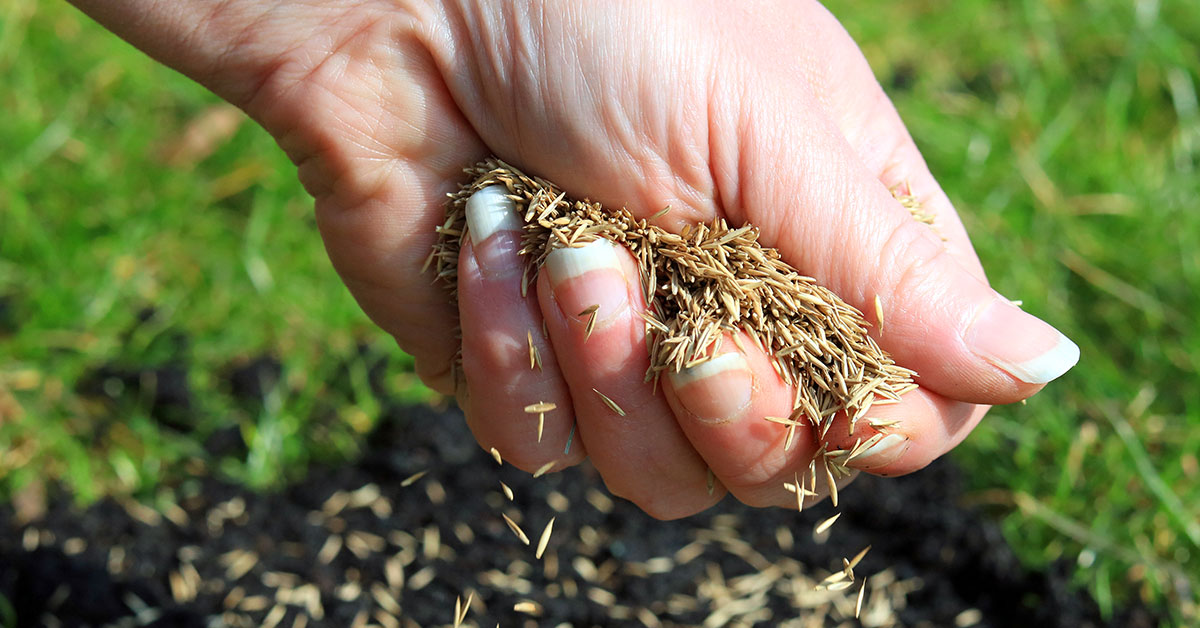
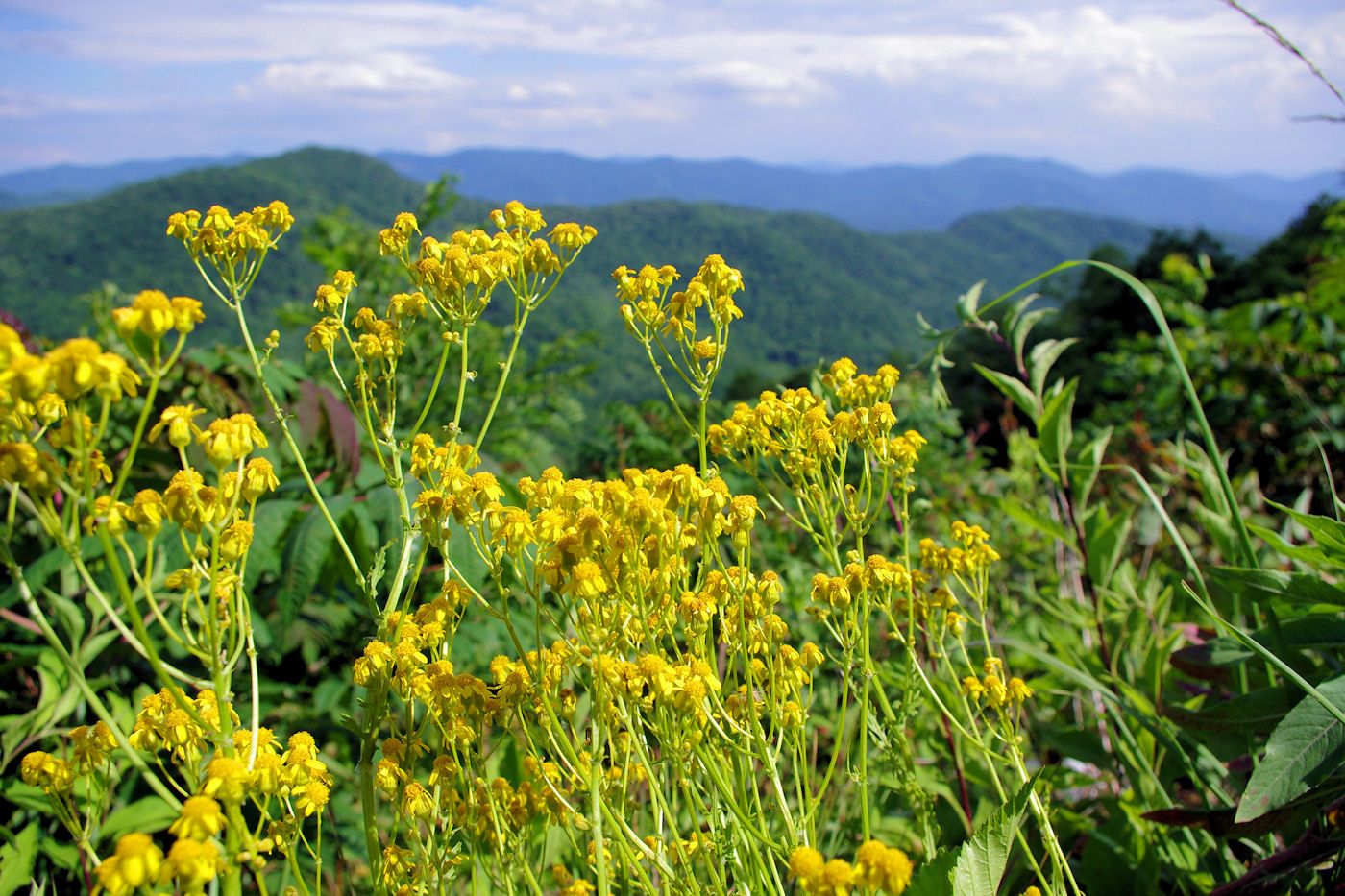
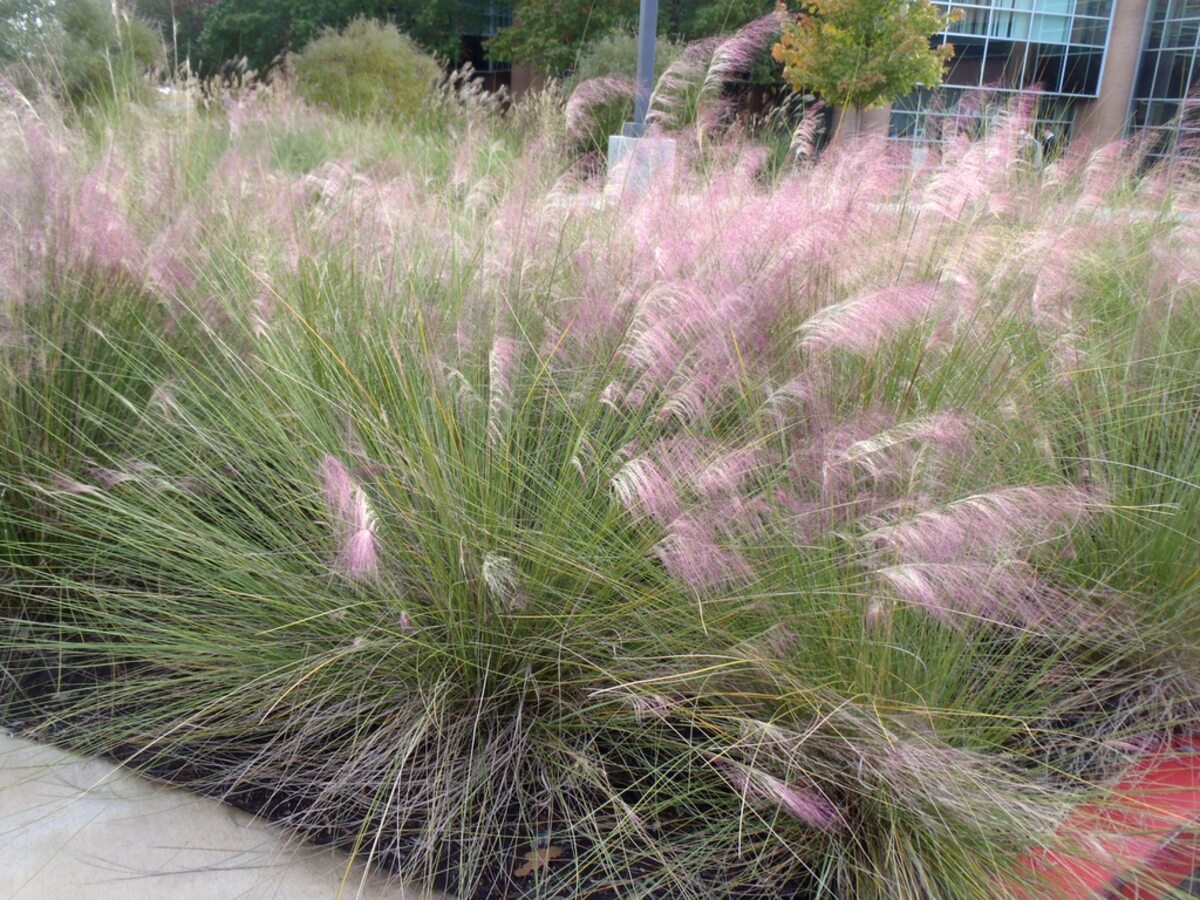


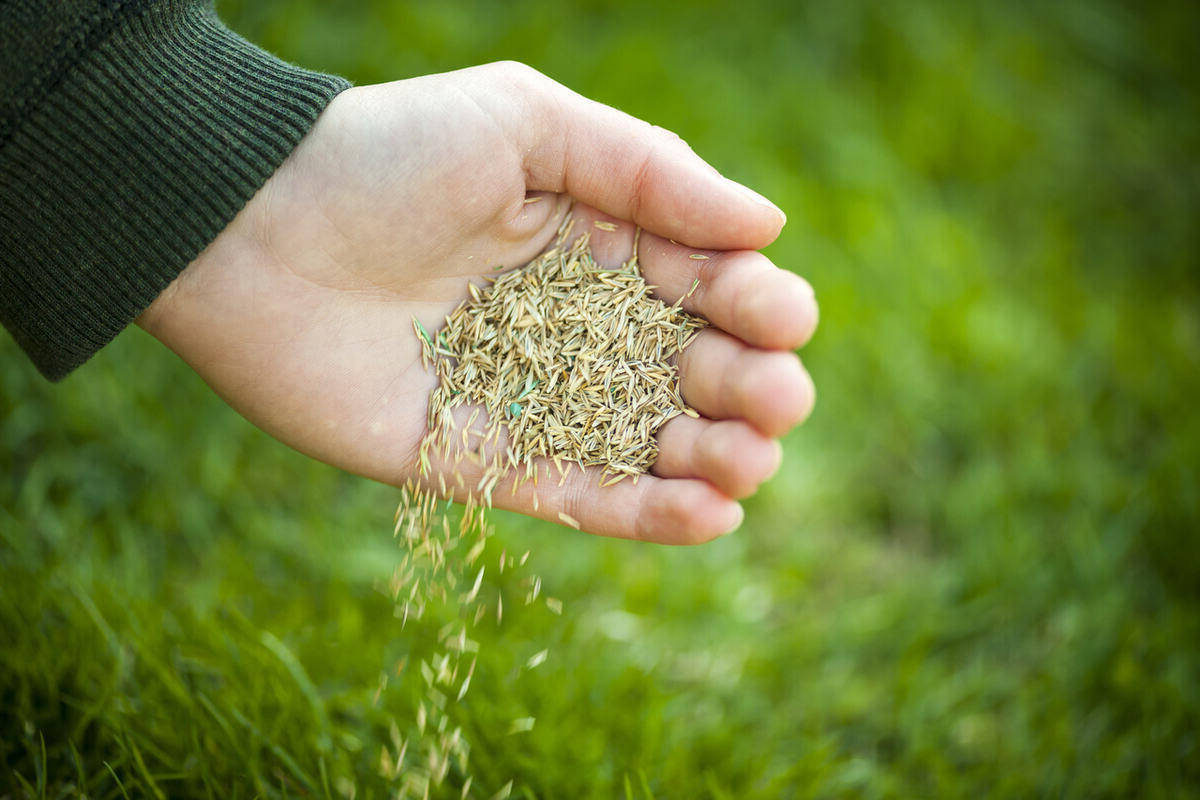

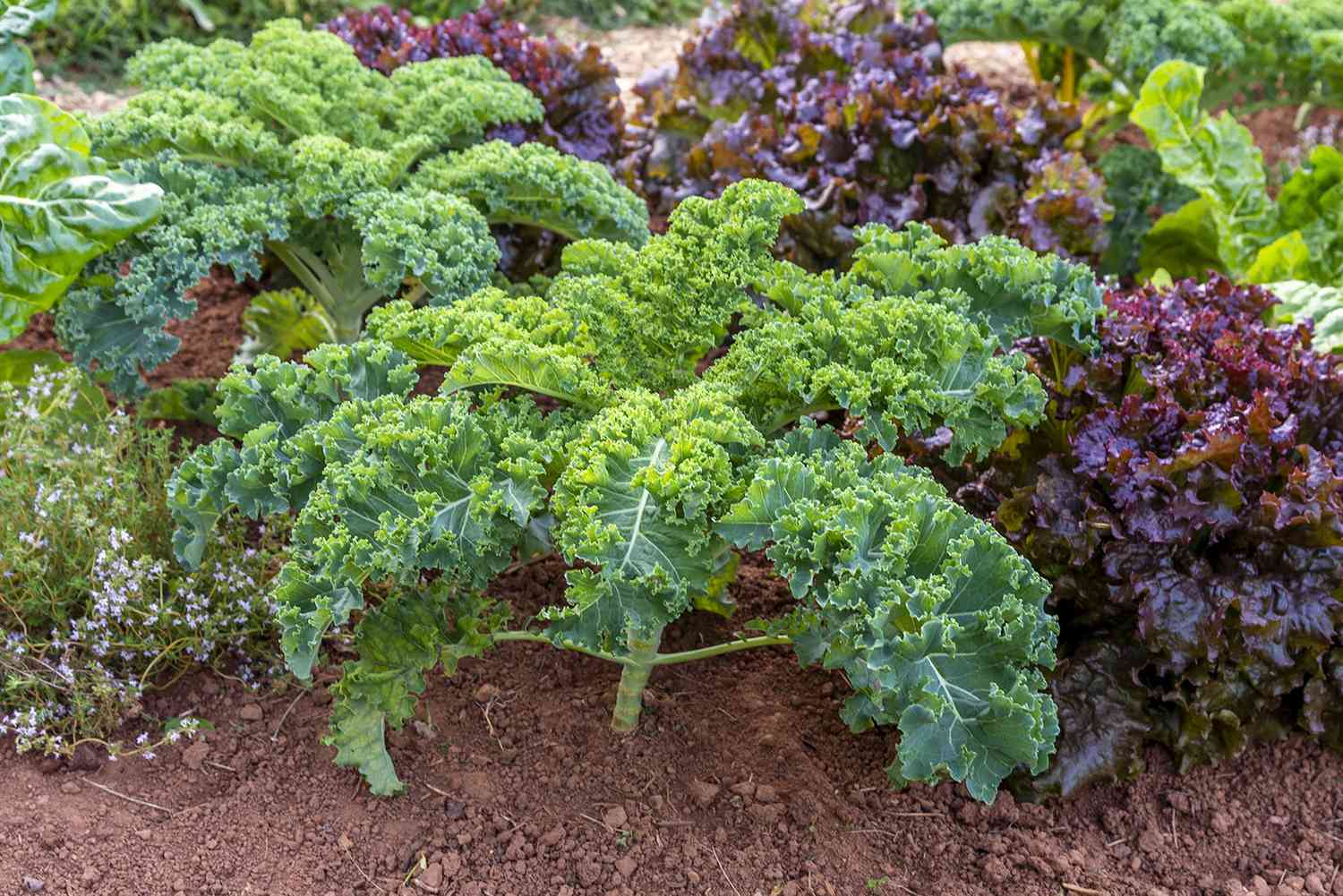


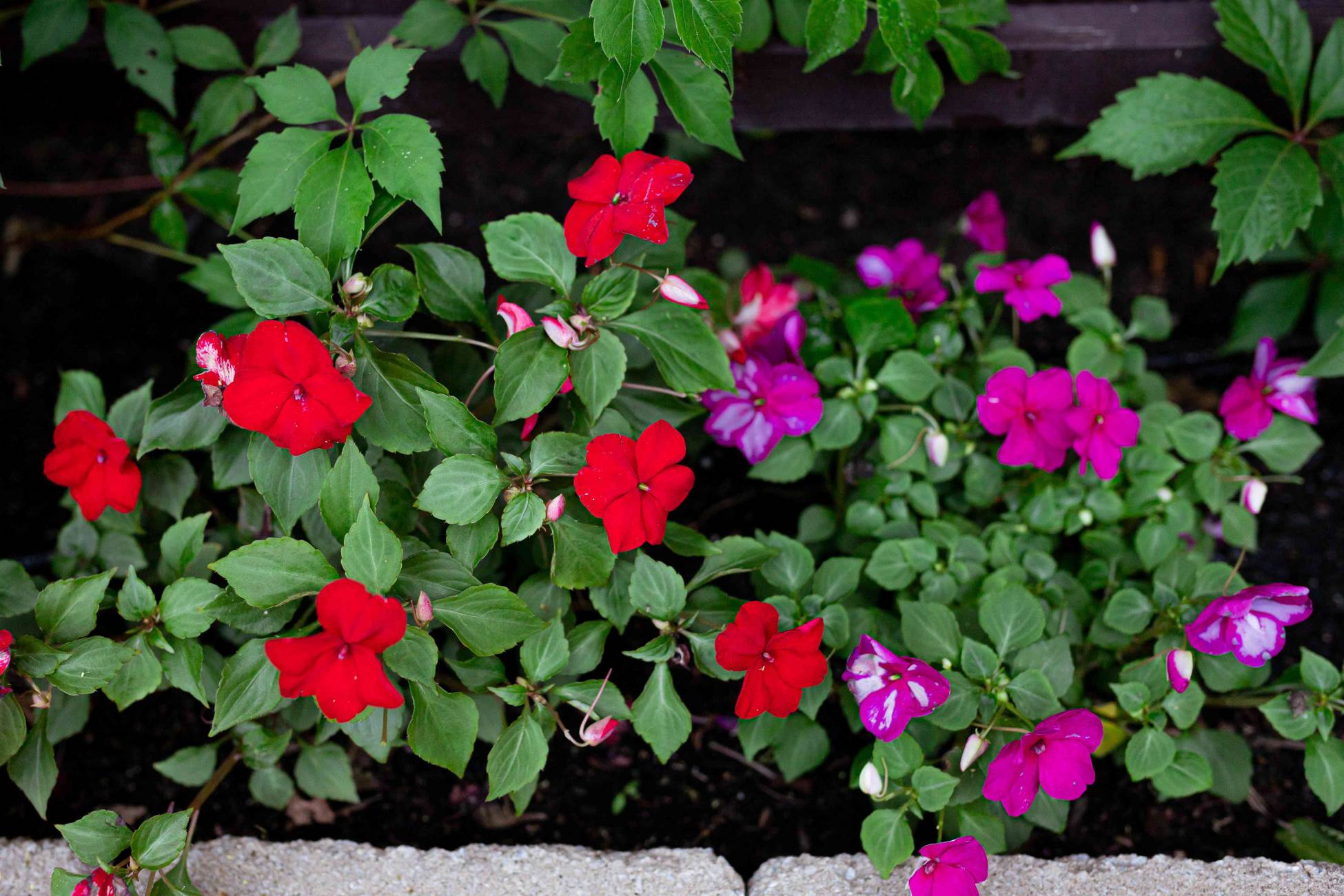

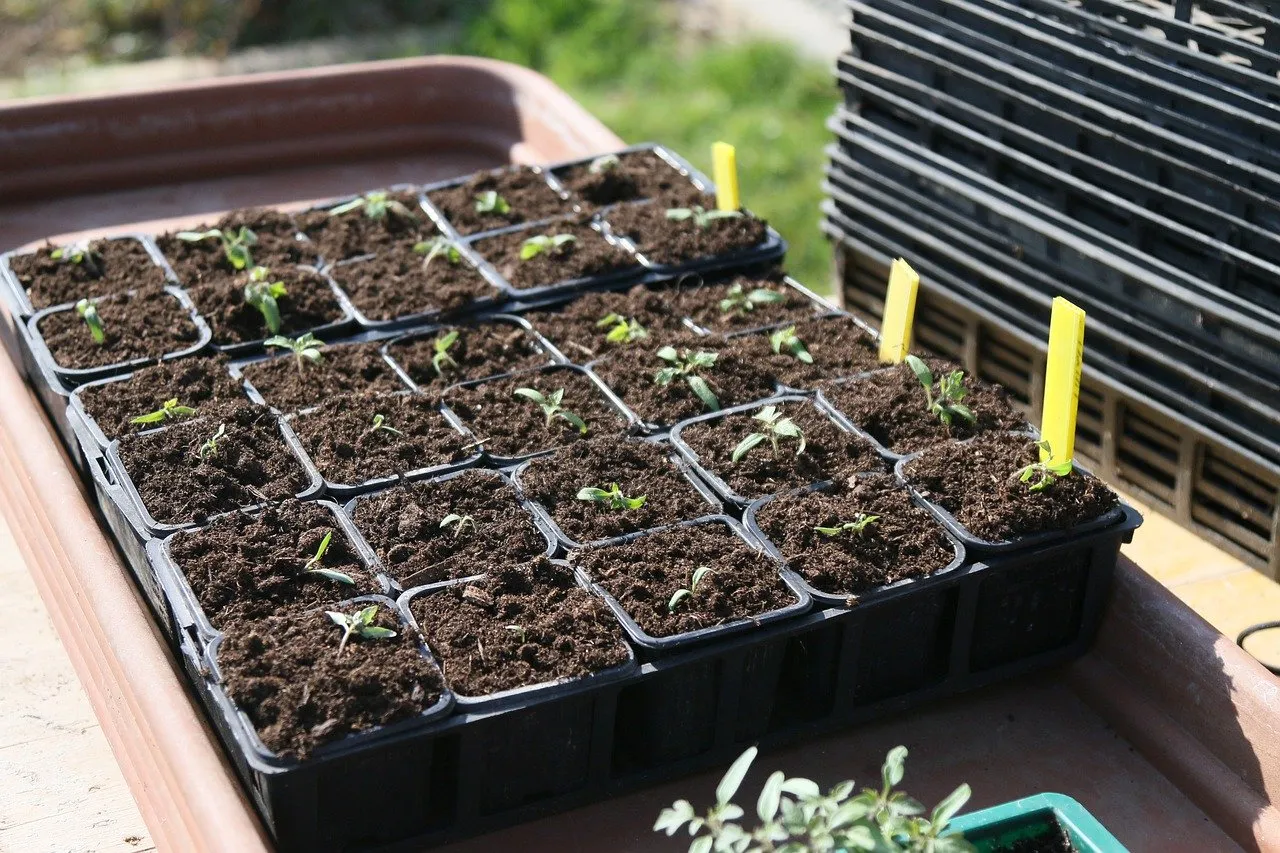
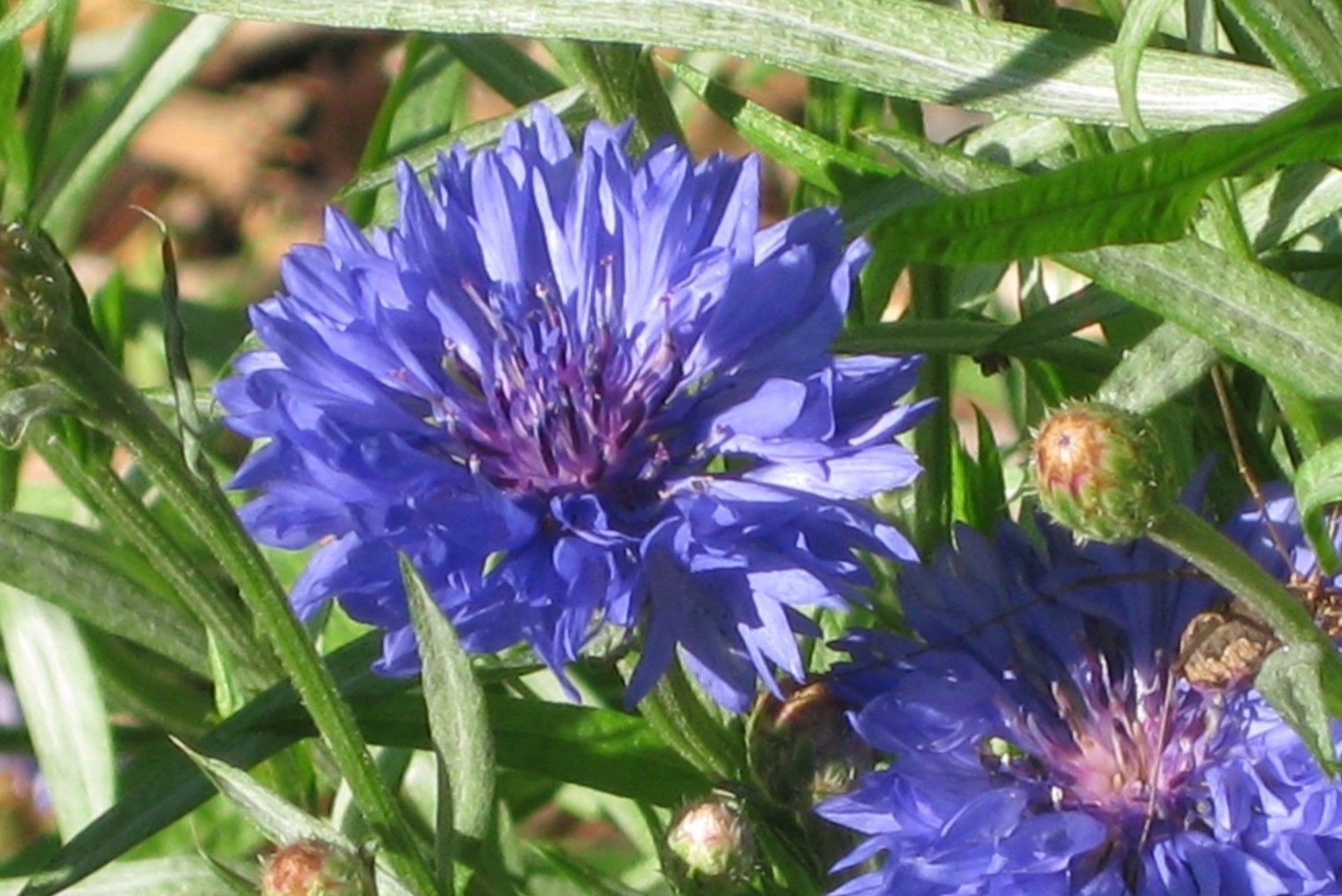

0 thoughts on “When To Sow Grass Seed In North Carolina”